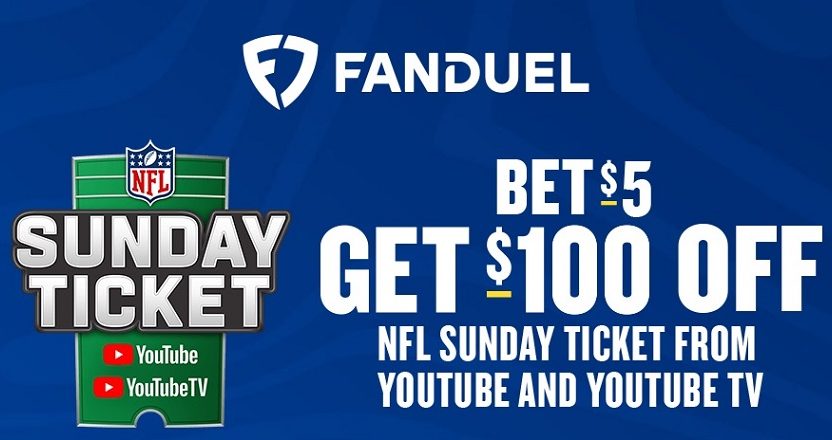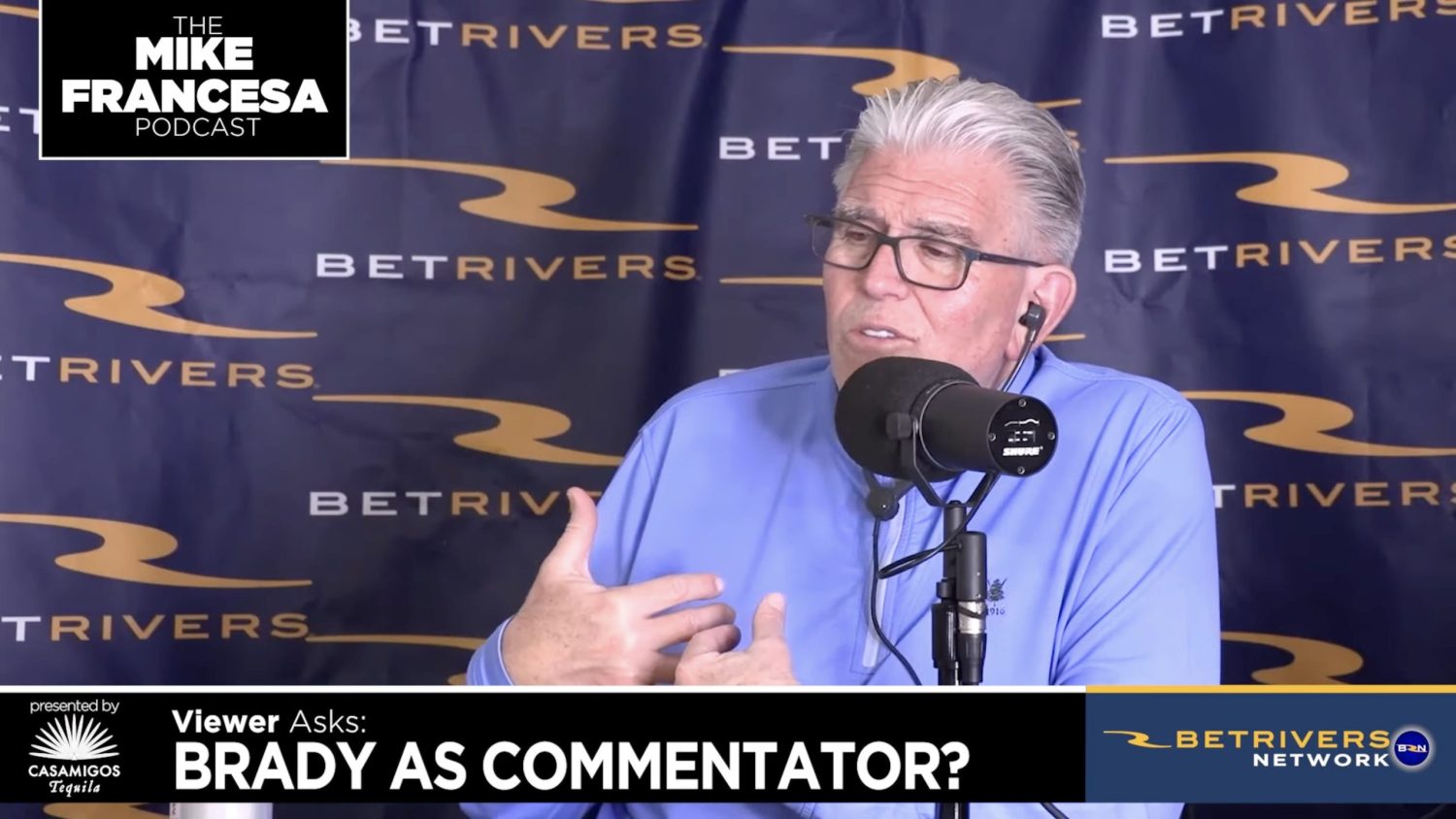How much are sky high NFL TV ratings tied to sports gambling? As sports gambling has spread since a 2018 Supreme Court decision overturned bans on the business, NFL ratings have risen each year, with the exception of the pandemic year in 2020 when viewers were turned off by games in empty stadiums and distracted by the presidential election and the aftermath.
Supporters of sports gaming have long argued gambling would spark higher ratings because bettors would stick around longer to watch lopsided games because of point spreads, over/unders and prop bets.
But David Highhill, general manager of sports betting at the NFL told reporters on a zoom conference call that the league had not adduced, at least yet, that sports gambling led to higher ratings.
“[W]e spent time looking at how this could impact ratings or not. And I think the right answer there is that it’s too early to tell, it’s incredibly complicated. We know that wagering is legal on a state to state basis, oftentimes, ratings are done in a metropolitan area. So when you have a state like New York, that wasn’t legal for a bit, but New Jersey was and then you look at readings and the (market), it gets very complicated to tease that out.
“You have team performance that varies year to year that makes differences there. But generally, I think the hypothesis is that for fans that were already avid fans that have started betting, because that’s something they’re interested in, it has the potential to hold them into games longer that may, otherwise have competitively been over … .So it’s something that we’re monitoring. But it’s an incredibly complicated data problem to try to tease apart.”
There are some basic facts though. Sports gambling is now legal in 38 states plus the District of Columbia, and at the same time the NFL has never been stronger. Regular season ratings rose 8 percent to nearly an average of 18 million per game, while playoff ratings (minus the upcoming Super Bowl of course) averaged a record 38.5 million viewers per game, a 9 percent gain from the prior season.
Highhill also said based on NFL fan surveys, the percentage of fans who say they do not like sports betting has declined from 2019, though he did not offer a figure. The comment came in the context about concerns over sports betting ads saturating NFL commercial breaks.
The league now only allows roughly one sports betting ad per quarter, and there will be three during the Super Bowl, one of them in the pregame slot.
“[L]ess than 5% of our ads are sports betting ads,” Highhill said. “I think there’s times where we’re held accountable for ads that are not running in our games or that are running on other sports programming or sports radio throughout the week. Unfortunately, we can’t control all ads everywhere. But I think we’ve taken a very measured and conservative approach there to try to serve our fans and we’ll continue to evaluate what the right mix is there.”
The NFL once strictly opposed sports gambling, but that changed with the 2018 High Court decision. Now, the league has three sports betting partners: FanDuel, DraftKings and Caesars. Pressed how this is consistent with the league’s professed desire to uphold the integrity of the game, NFL executive vice president communication, Jeff Miller, pointed to the gambling education program the league conducts and Q&A’s taken by 17,000 people from players to stadium workers last year.
“There’s a transparency element to what we’re doing so that I hope that it generates trust among our fans, or even casual observers,” Miller said, “to make sure when they look at the game, a week from Sunday that there isn’t a doubt in their mind that the integrity of the game is the foremost concern in the NFL approach in a world where sports gambling is legal.”







